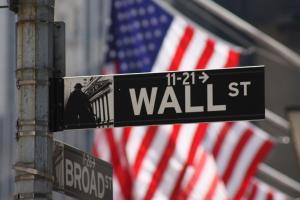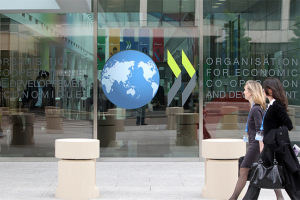Pulse: Growth Outlook and Business Cycle
IMF: The Global Economic Recovery is on Solid Ground
The IMF’s message in its latest global economic forecasts (World Economic Outlook, 7/24/2017) is broadly unchanged from its April version. The global economic recovery is gaining momentum and broadening in 2017, after a two-year slowdown. Global output is expected to grow by respectively 3.5% and 3.6% this year and next. However, the IMF states that the projected composition of growth will be slightly different, with slower-than-anticipated growth in the United States compensated by faster growth in the eurozone, Canada, Japan and emerging markets.
How to Raise Incomes and Delay the Next Recession
Last October, mulling over the economic environment the next President would face, I sent Hillary Clinton memos on how she should provide some stimulus to sustain the current expansion and raise incomes by boosting business investment and productivity. Alas, she did not become President; but that didn’t change our current economic challenges. To be sure, President Trump’s manifold troubles may preclude Congress from doing anything meaningful until after the 2018 elections. But if that’s not the case, here’s some advice for both sides.
The OECD Global Economic Outlook: Modest Recovery, but Risks Remain
The Organization for Economic Cooperation and Development (OECD)[1] recently released its semi-annual economic outlook[2]. Three major themes emerge from the report. First, the global economy is gradually emerging from a five-year (2012-1016) low-growth trap, and global growth should pick up modestly in 2017and 2018 (Table 1). Second, we are seeing a shift in economic policy from over-reliance on monetary policy to fiscal initiatives designed to boost growth. Third, we are not out of the woods and significant risks remain.
Is Economics a Closed Shop?
The ranking of the world's leading economists has remained essentially unchanged since 2006. Post-2008, we are hearing from the same people, mostly white males now in their 60's. Federico Fubini asks, "Might the world’s leading economists be so keen to protect their own ideas that they ignore (or, worse, stifle) innovation from unexpected quarters?"


 by
by 

 by
by 

 by
by 